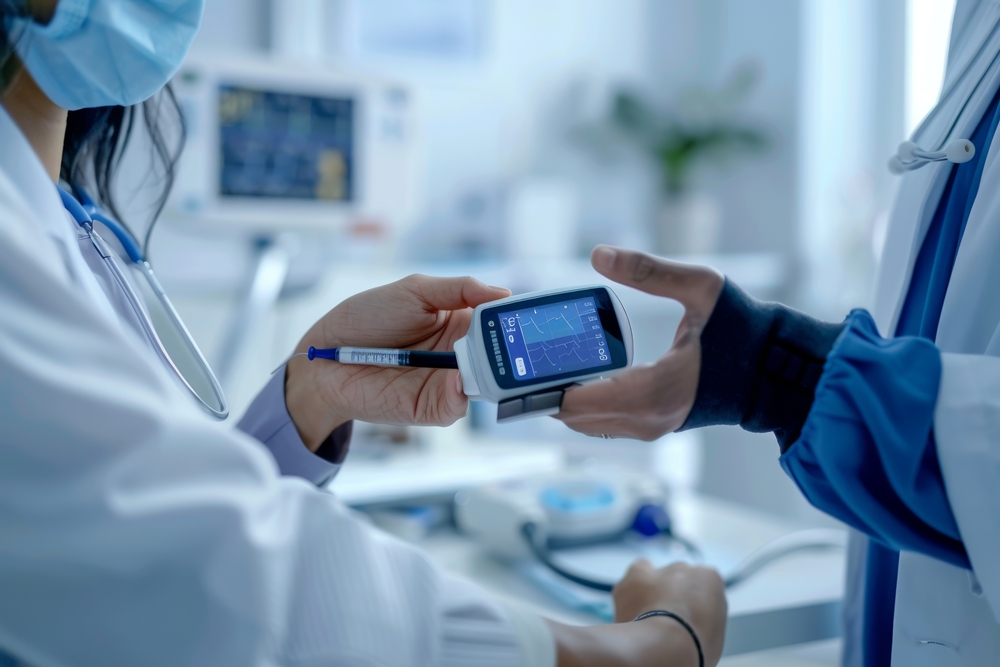
Patients in the UK will gain faster access to medical devices approved in trusted countries under new plans from the medicines regulator MHRA.
The Medicines and Healthcare products Regulatory Agency has outlined steps to streamline routes to market, including a planned consultation on the indefinite recognition of CE-marked devices – those meeting European safety standards – later this year.
New international reliance routes will allow eligible devices already approved by regulators in Australia, Canada and the US to follow a simplified path to the UK market.
This includes specific implantable and software-based technologies that meet UK equivalence criteria.
Health secretary Wes Streeting said: “Our 10-Year Health Plan will seize the opportunities provided by new technology, medicines and innovation to deliver better care for patients, whether these originate at home or abroad.
“It makes perfect sense that medical devices approved for use on patients in a country whose safety regulations we trust can also be used here – without red tape or bureaucracy delaying devices which can benefit NHS patients now.”
The MHRA also intends to remove the requirement for physical UKCA (UK Conformity Assessed) markings on products and packaging once unique device identification (UDI) systems are in place. This aims to strengthen traceability while reducing barriers for manufacturers.
These changes form part of a wider regulatory reform programme designed to reduce duplication and prioritise first-in-market innovative technologies, including artificial intelligence used in medical devices.
CE-marked products can currently continue to be used in Britain under transitional rules until 30 June 2028 or 2030, depending on device type.
Science minister Lord Patrick Vallance said: “The MHRA’s new international reliance routes are excellent news for patients, who will now gain rapid access to new medical devices which have been approved as safe by our trusted regulatory partners.
“This is precisely the sort of streamlining of red tape that the Life Sciences Sector Plan calls for.
“By making quick, informed, sensible decisions enabled by international reliance, the MHRA will be able to better target its resources, focusing on regulatory activity and scientific advice that will advance the development of innovative new medical products – ultimately helping patients, and supporting med tech businesses to grow.”
MHRA chief executive Lawrence Tallon said: “Our focus is on ensuring that patients benefit from the earliest possible access to safe and effective medical technologies that meet their needs and deliver significant clinical benefit.
“By reducing regulatory duplication, improving traceability and aligning with international best practice, we are delivering on the Government’s promise to make this the best place in the world to market medical devices and a global leader in life sciences.”
The reforms will also apply a more risk-proportionate approach to Class B in vitro diagnostic (IVD) devices – tests performed on samples such as blood or saliva.
Manufacturers will be required to self-declare conformity and hold ISO 13485 quality management certification before marketing these products in Britain.






